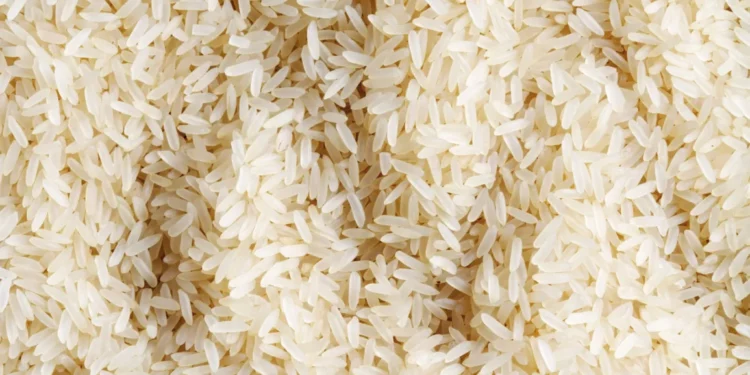Grain Glut: Chamber of Agribusiness Ghana Calls for Comprehensive Audit of Rice Sector; Proposes 3-Month Moratorium on Rice Imports and Repeal of L.I. 2432
The Chamber of Agribusiness Ghana (CAG) has called on six key government institutions to urgently undertake a comprehensive audit of the country’s rice sector amid growing concerns over a deepening grain crisis that has left thousands of tonnes of rice and maize unsold across the country.
The institutions, namely the Ministry of Trade and Industry, the Ministry of Food and Agriculture (MoFA), National Security, Ghana Revenue Authority (GRA), Ghana Standards Authority (GSA), and Food and Drugs Authority (FDA) are being urged to jointly conduct a “Comprehensive Ghana Rice Sector Audit”.
According to the Chamber, the audit should aim at ensuring tax compliance, enforcing quality controls, and eliminating smuggled rice from the local market.
The Chamber’s call follows a recent warning by the Peasant Farmers Association of Ghana (PFAG), which urged government to swiftly address the worsening grain glut that has hit rice and maize farmers nationwide.
PFAG estimates that over 200,000 metric tonnes of paddy rice and maize from the last farming season remain unsold, while several farms are yet to be harvested. The Association has cautioned that the situation is placing severe financial strain on farmers, exposing them to losses from bird invasions, bushfires, and limited harvesting capacity.
The Association further warned that failure to act promptly could undermine the government’s Feed Ghana programme, discourage youth participation in agriculture, and derail efforts to achieve rice self-sufficiency.
PFAG also stressed that, beyond short-term measures, the government must roll out a comprehensive national strategy to address structural challenges across the agricultural value chain, including cereals, legumes, and vegetables, to prevent recurrent market failures.
The Chamber of Agribusiness Ghana has additionally proposed a three-month moratorium on rice imports, a repeal of L.I. 2432, and strategic state intervention to stabilise the domestic grain market and safeguard farmer livelihoods.








